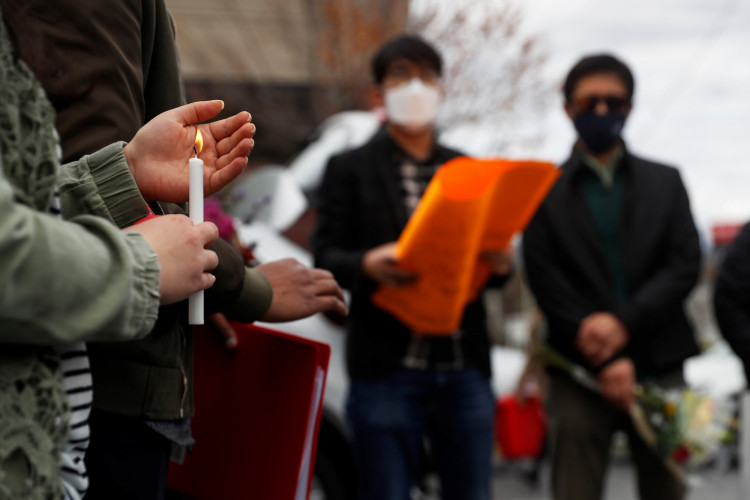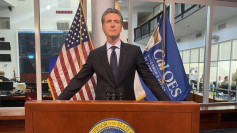Following devastating mass shootings in Texas and New York, a bipartisan group of U.S. senators proposed steps to reduce gun violence on Sunday (Jun 12), but the limited actions fall far short of the president's calls for change.
U.S. senators announced a principle agreement on gun safety legislation, saying it includes "needed mental health resources, improves school safety and support for students, and helps ensure dangerous criminals and those adjudicated as mentally ill cannot purchase weapons."
Notably, the announcement includes the support of ten Republican senators, which would be enough to break the Senate filibuster. Given how divided lawmakers have been on the gun issue, the agreement is signed, but the actual legislative text has yet to be written.
The May shootings - one at a Texas elementary school, which killed 19 young children and two teachers, and another at a New York supermarket, which killed ten black people - have increased pressure on politicians to act.
There have been more than 240 mass shootings in the United States this year, with more than 30 of them occurring after the May 24 Uvalde tragedy.
The amendments include stricter background checks for gun buyers under the age of 21, more funding for states to keep weapons out of the hands of persons deemed a danger, and the inclusion of domestic violence convictions and restraining orders in the national background check database.
Joe Biden praised a bipartisan agreement on Sunday that paved the path for the most sweeping gun control legislation in the U.S. since the 1990s.
While the ideas did not go as far as the U.S. president would want, he said they were "essential moves in the right direction" and promised to approve any gun control legislation that came over his desk.
He also encouraged lawmakers to prohibit high-capacity magazines, demand safe firearm storage, and hold gun manufacturers accountable for crimes committed with their goods.
Frequent mass shootings have sparked widespread indignation in the U.S., where a majority of people support stricter gun restrictions, but serious changes have long been hampered by Republican lawmakers and voters.
The National Rifle Association, which has been damaged by scandals and is facing a lawsuit from New York's attorney general, is a staunch opponent of stricter regulations.
Thousands of people flocked to the streets around the country on that day to demand action against gun violence, which has claimed the lives of more than 19,400 people in the United States so far this year, with more than half of the deaths being suicides, according to the Gun Violence Archive.





